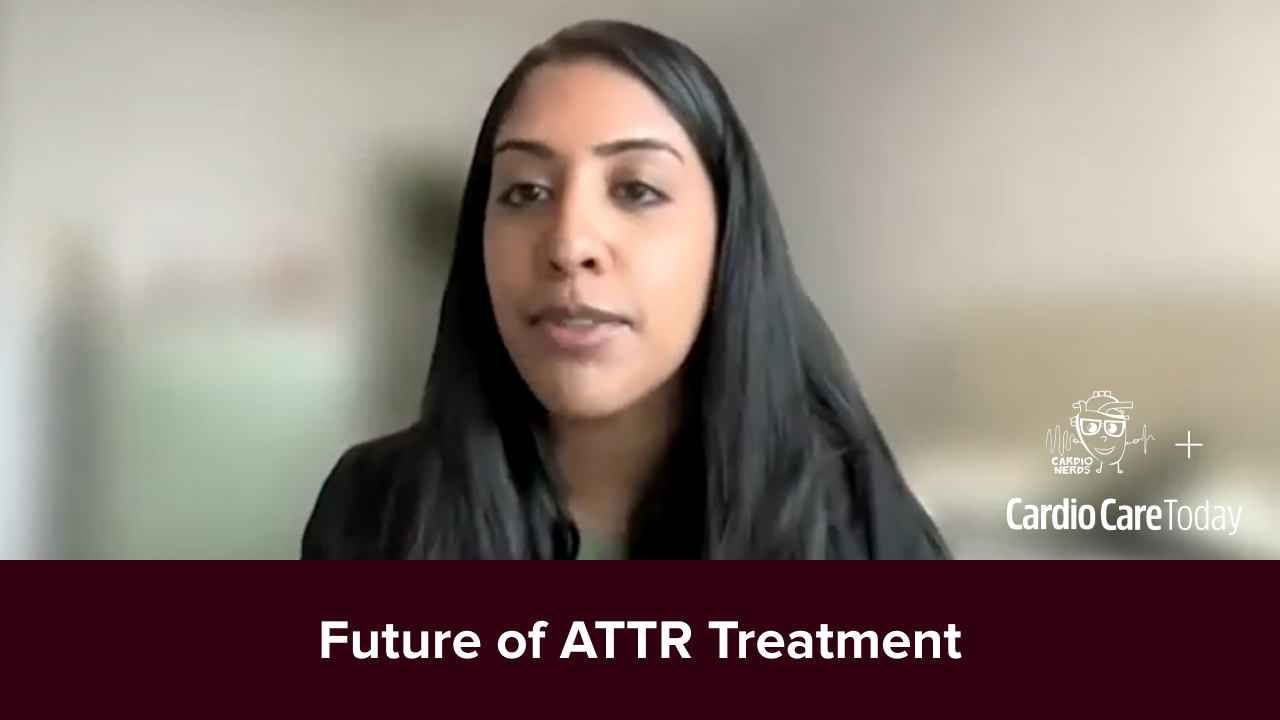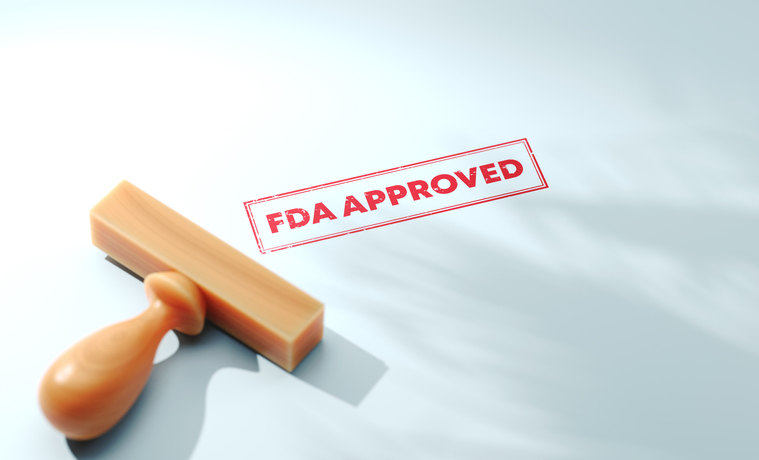
This week’s edition features articles with expert commentary by Chris Cannon, MD, a cardiologist at Brigham and Women’s Hospital and Harvard Medical School. The stories include an analysis of evolocumab’s cost-effectiveness, a report on white coat hypertension, an update on the combo of vitamin D and estrogen for the prevention of heart disease, and a sobering finding on statins in atherosclerotic cardiovascular disease (CVD) patients.
Vitamin D Plus Estrogen Lower Risk for Heart Disease, Metabolic Syndrome
The combination of vitamin D and estrogen appears to help curb the risk for metabolic syndrome, which is closely linked with increase risk for cardiovascular disease. A paper in Menopause showed that in women who had lower estrogen and a vitamin D deficiency were at an increased risk for metabolic syndrome. “Whether adequate levels of vitamin D improve nonskeletal cardiovascular or cognitive benefits remains the subject of debate, and answers await randomized clinical trial data,” the researchers said.
Is Evolocumab Cost-effective?
A new cost analysis of the PCSK9 inhibitor evolocumab published in JAMA Cardiology determined that the drug is cost effective for high-risk patients at its new price. The analysis was prompted after the manufacturer reduced the annual list price of the drug shortly after the 2018 ACC/AHA cholesterol guidelines were published (which did not include an analysis of evolocumab at its new price). “At its current list price, the addition of evolocumab to standard background therapy meets accepted cost-effectiveness thresholds across a range of baseline cardiovascular event rates in patients with very high-risk atherosclerotic cardiovascular disease as defined by the 2018 ACC/AHA guideline, the researchers wrote. “This updated cost-effectiveness analysis may be informative for payers, health systems, and clinicians regarding the appropriate use and value of lipid-lowering therapies in the United States.”
Just 45% of Diabetic Atherosclerotic CVD Patients Getting High-intensity Statins
A new report presented at the recent American Diabetes Association Scientific Sessions indicated that a majority of patients with atherosclerotic cardiovascular disease and LDL-C levels of 70 mg/dL or more may not be receiving the high-intensity statin therapy recommended by clinical guidelines. The results suggested that while statin use overall was high, the high-intensity therapy was being used in about 45% of patients. Chris Cannon, MD, a researcher on the study and a professor of medicine at Harvard Medical School, told DocWire News that patients with atherosclerotic CVD are at the very highest risk.“We saw in this study, unfortunately, that treatment was not optimized, either for cholesterol lowering, nor their diabetes treatments,” he said. “As such it is a call to action for us all to try to ensure we follow the guidelines on each and every patient we see.”
Untreated White Coat Hypertension Increases Cardiovascular Risk
Untreated high office blood pressure, or “white coat hypertension,” is linked with an elevated risk for adverse cardiac events, according to a new meta-analysis in the Annals of Internal Medicine. The analysis included a look at 27 observational studies and data on 25,786 patients with untreated white coat hypertension (plus more than 38,000 with normal blood pressure). The analysis revealed that untreated white coat hypertension was linked with an increased risk for cardiovascular events, all-cause mortality, and cardiovascular mortality. “This large overview suggests we need to pay close attention, and potentially treat some of these patients,” Dr. Cannon commented on this study.







 © 2025 Mashup Media, LLC, a Formedics Property. All Rights Reserved.
© 2025 Mashup Media, LLC, a Formedics Property. All Rights Reserved.